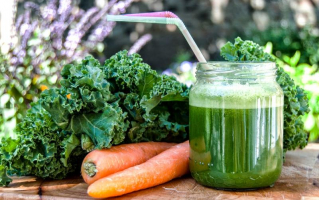Top 5 Health Benefits of Resveratrol Supplements
Resveratrol is a plant compound that acts like an antioxidant. The top food sources include red wine, grapes, some berries, and peanuts. In actuality, ... read more...resveratrol supplements have been connected to a wide range of fascinating health advantages, including preserving brain function and bringing down blood pressure. The best possible health advantages are explained in this article.
-
Resveratrol could be a beneficial supplement for decreasing blood pressure because of its antioxidant qualities. High dosages may lessen the force the heart's contractions place on artery walls, according to a 2015 analysis. Systolic blood pressure is the name for this kind of pressure, which is represented by the higher number of blood pressure readings.
Typically, as arteries get more rigid with aging, systolic blood pressure rises. It raises the chance of developing heart disease. Resveratrol may reduce blood pressure by promoting the production of more nitric oxide, which relaxes blood vessels. However, the authors of that study claim that additional investigation is required before precise suggestions about the ideal resveratrol dosage to optimize blood pressure advantages can be provided.
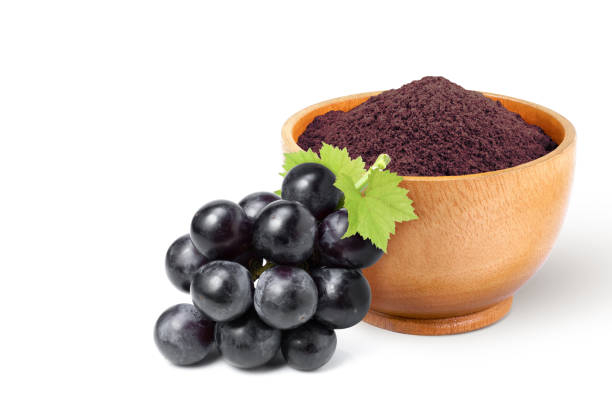
May Help Lower Blood Pressure 
May Help Lower Blood Pressure -
Resveratrol supplements may alter blood fats in a beneficial way, according to much research conducted on animals. In a 2016 research, mice were given resveratrol pills in addition to a high-protein, high-polyunsaturated-fat diet. The mice's body weight and average total cholesterol levels reduced, but their levels of "good" HDL cholesterol rose.
By lessening the impact of an enzyme that regulates cholesterol formation, resveratrol appears to affect cholesterol levels. It may lessen the oxidation of "bad" LDL cholesterol due to its antioxidant properties. Plaque accumulation in arterial walls is caused in part by LDL oxidation. Participants in one research received grape extract that had been supplemented with more resveratrol. Compared to patients who took an unenriched grape extract or a placebo, their LDL had decreased by 4.5 percent and their oxidized LDL had decreased by 20 percent after six months of therapy.
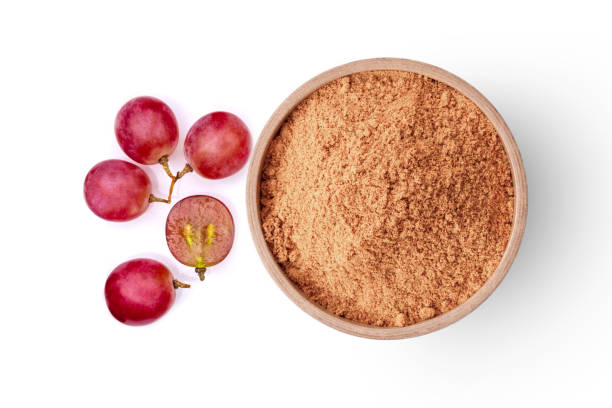
Positive Effect on Blood Fats 
Positive Effect on Blood Fats -
Red wine consumption may help slow down age-related cognitive loss, according to much research. The antioxidant and anti-inflammatory properties of resveratrol may contribute to some of this. It appears to interfere with beta-amyloid protein fragments, which are essential for the development of the plaques that are an iconic feature of Alzheimer's disease.
The substance may also trigger a series of actions that shield brain cells from harm. It works to achieve this in the same way as calorie restriction, which has shown promise in lengthening lifespans by changing how genes express themselves. Although this discovery is exciting, it cannot yet be used as a supplement to protect the brain since scientists are yet unsure of how well the human body can utilize supplementary resveratrol.
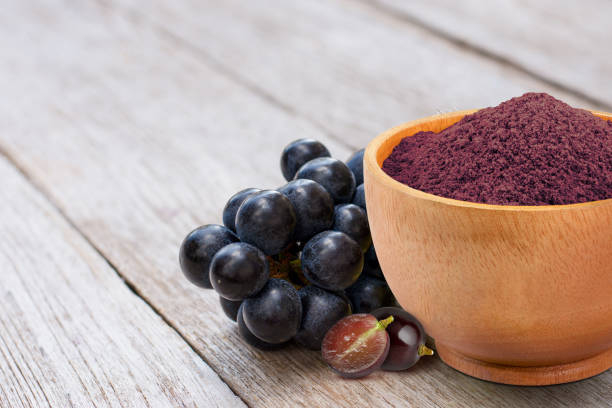
Protects the Brain 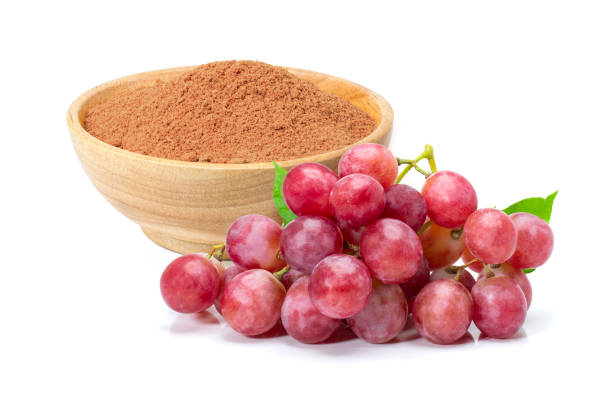
Protects the Brain -
One of the leading causes of death worldwide is heart disease, and studies suggest that resveratrol may provide some useful protection and help keep your heart robust and healthy. Natural antioxidant and anti-inflammatory characteristics help lower cholesterol levels, especially LDL or "bad" cholesterol, and they can safeguard the heart. Resveratrol was proven to protect the heart through preconditioning, minimize cardiac arrhythmia, and prevent atherosclerosis in 2006 research.
And this is excellent news for wine lovers since Canadian research also found that red wine consumption in moderation lowered the risk of cardiovascular disease by around 30% and had a preventive impact against heart disease and atherosclerosis, or the buildup of plaque in the artery walls.
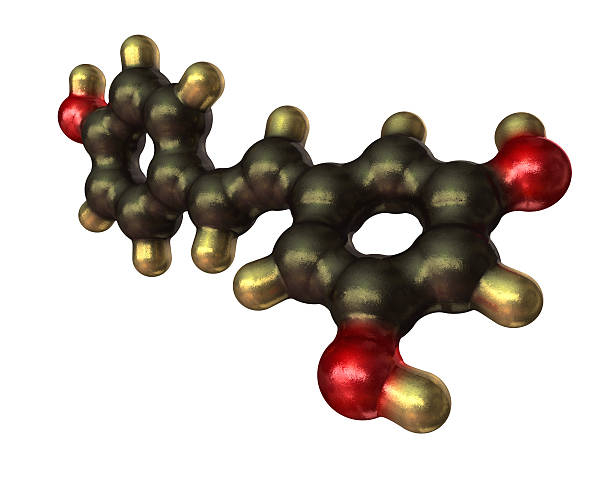
Help with Weight Loss 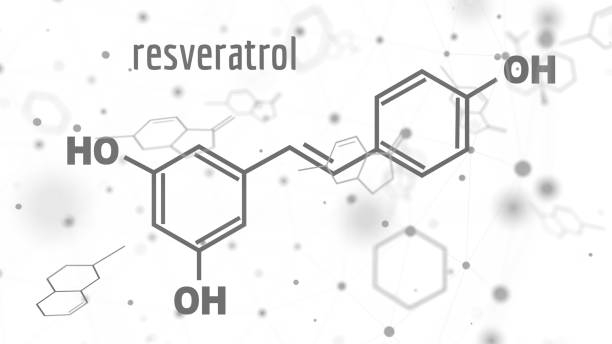
Help with Weight Loss -
At least in animal research, resveratrol has been demonstrated to provide a number of advantages for diabetes. These advantages include improving insulin sensitivity and avoiding diabetic complications. Resveratrol may inhibit a certain enzyme from converting glucose into sorbitol, sugar alcohol, which is one explanation for how it functions. In diabetics, sorbitol overproduction can lead to oxidative stress, which can harm cells.
People with diabetes may potentially benefit from resveratrol more than those without the disease. In one experiment on animals, red wine and resveratrol were actually more potent antioxidants in diabetic rats than in control rats. The substance, according to researchers, may one day be used to treat diabetes and its consequences, but further study is required.
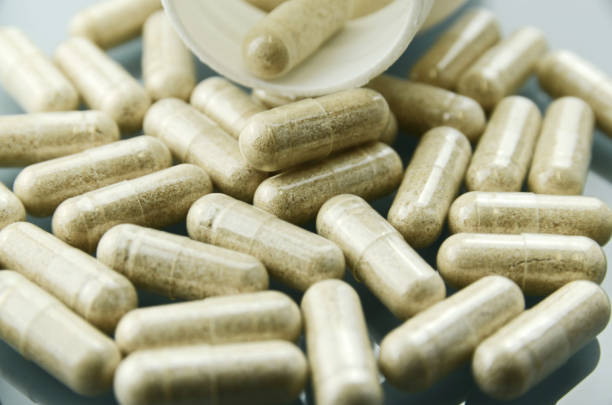
May Increase Insulin Sensitivity 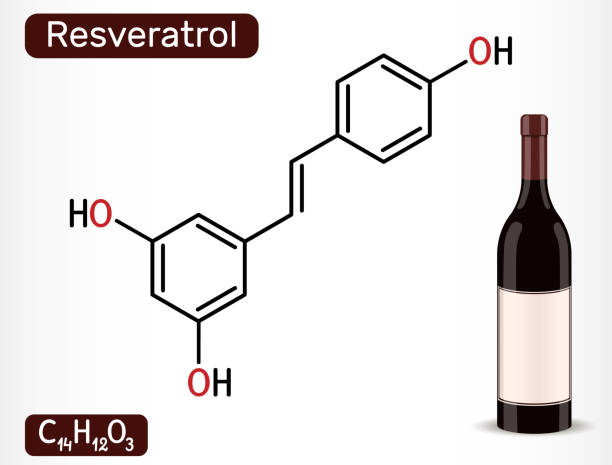
May Increase Insulin Sensitivity



















